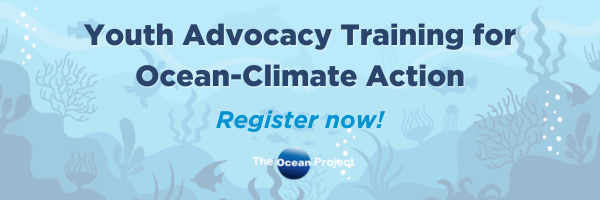The recently released “Knowledge of Climate Change Among Visitors to Science and Technology Museums” report is reinvigorating the conversation about communicating climate change to the public. It corroborates The Ocean Project’s market research finding that ZAM (Zoo, Aquarium, and Museum) visitors are more likely to be concerned about climate change and express a willingness to act on behalf of conservation. ZAMs, if not already convinced by an earlier collaboration “Why Zoos and Aquariums Matter” that TOP was involved with, should now realize that the public trusts them (more than any other organization), and look to them for guidance on what to do to aid conservation efforts.Both Six Americas and The Ocean Project findings reveal that guidance is critical given the significant misconceptions among the public. For example, the Six Americas report found that a third of the nation thinks that “stopping rockets from punching holes in the ozone layer (has a lot/some impact on reducing) global warming.” Despite low scientific/ocean/climate literacy, however, we should not despair.
Six Americas also found that while information may “often (be) a necessary precursor of effective action”, action has been shown to be just as effective in advancing knowledge. And 68% of the US population considers themselves at the very least as “Cautious” (“believe global warming is a problem, but not urgent, and are unsure whether it is human caused”) if not “Concerned” or “Alarmed”. Within this, TOP research has revealed that teens and tweens, as well as ESL households are more likely to take action on behalf of the environment.



